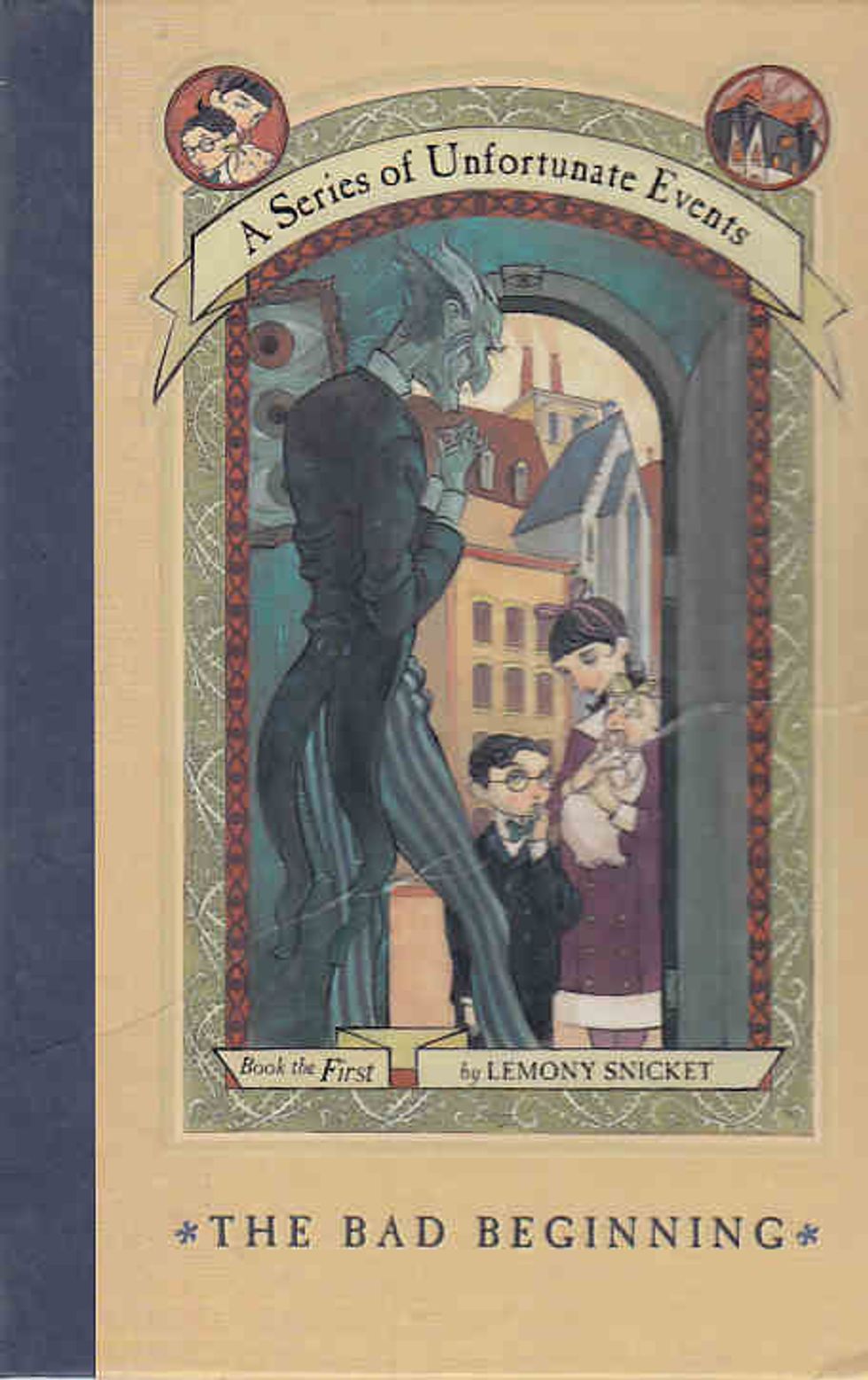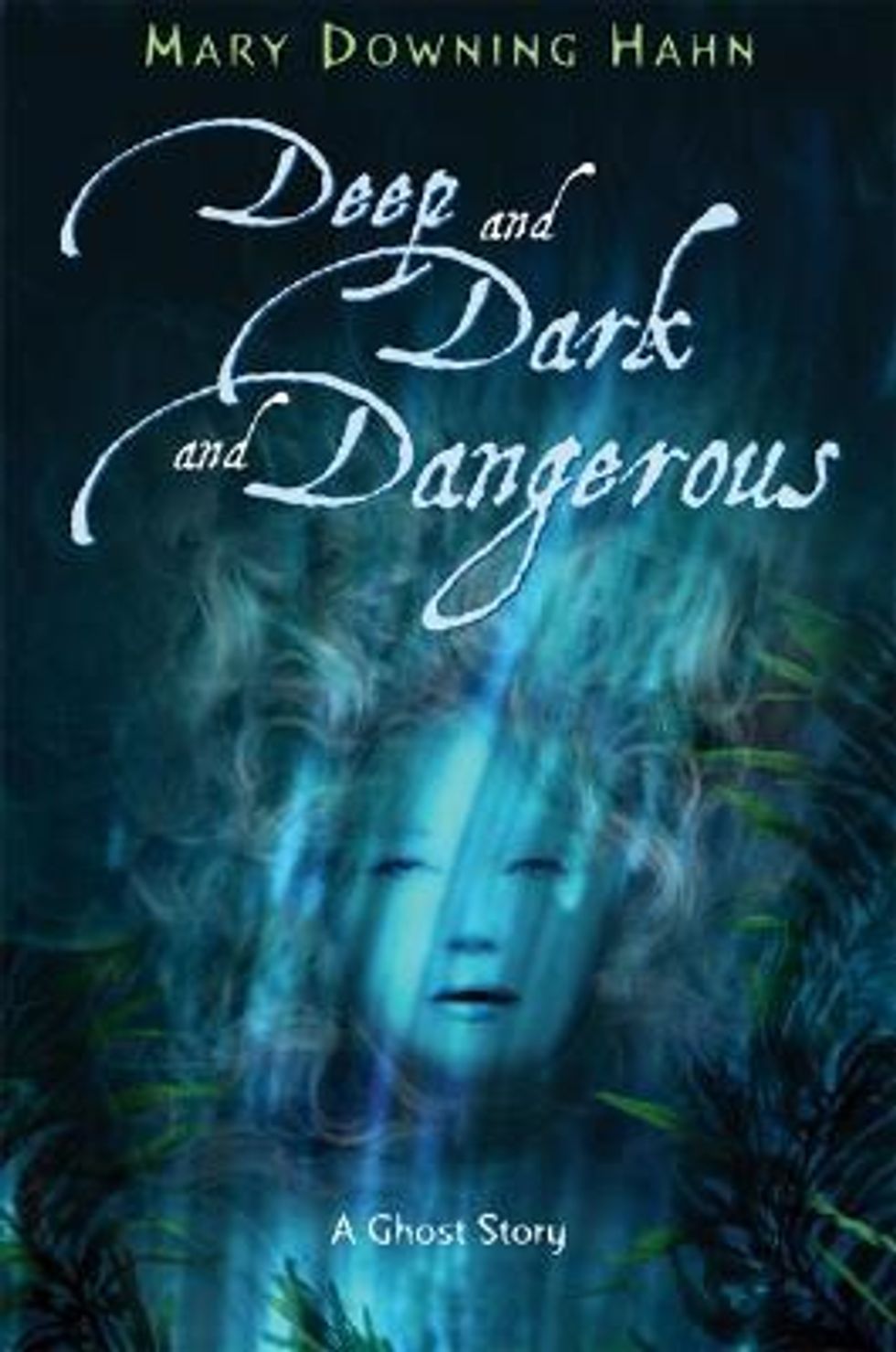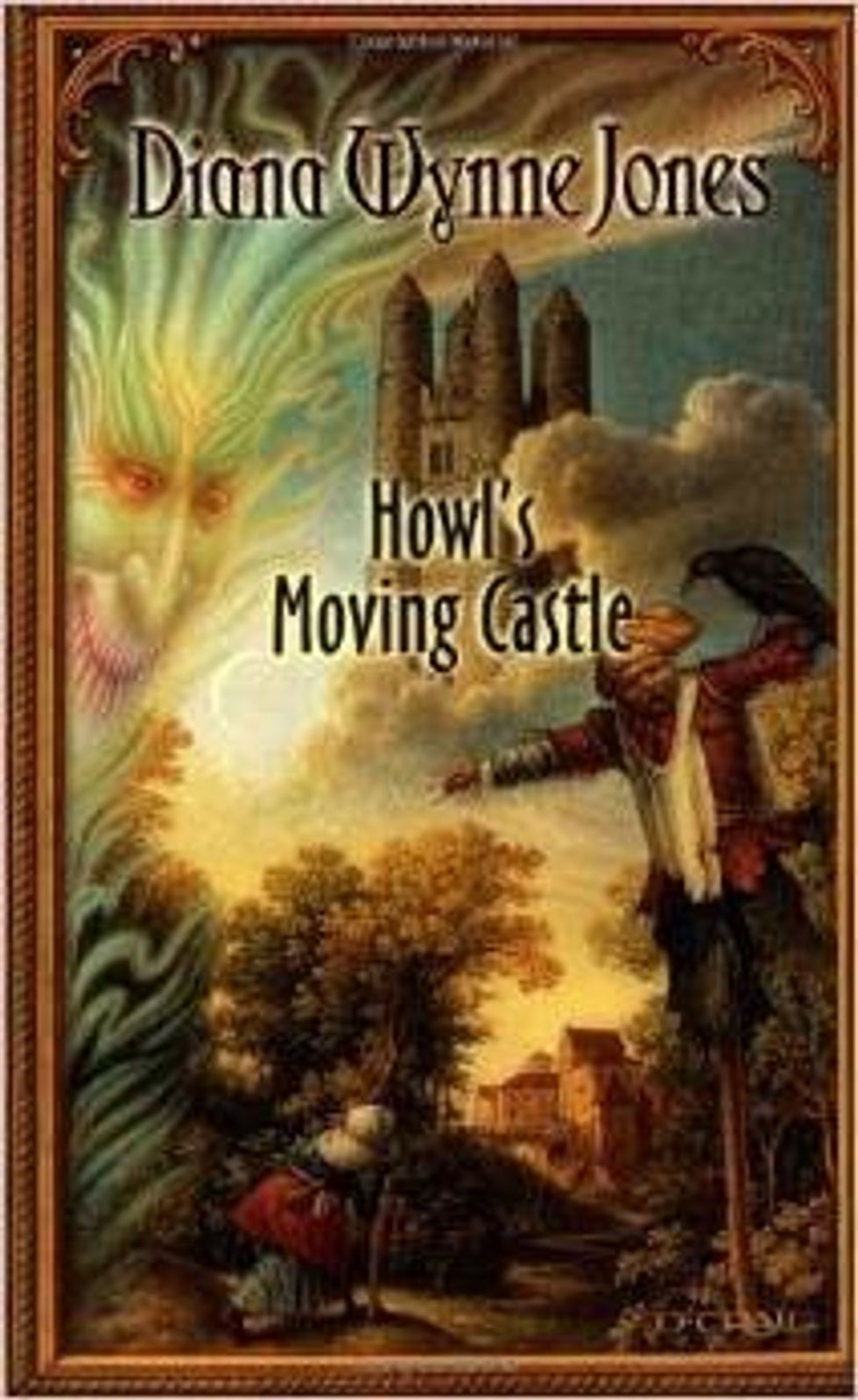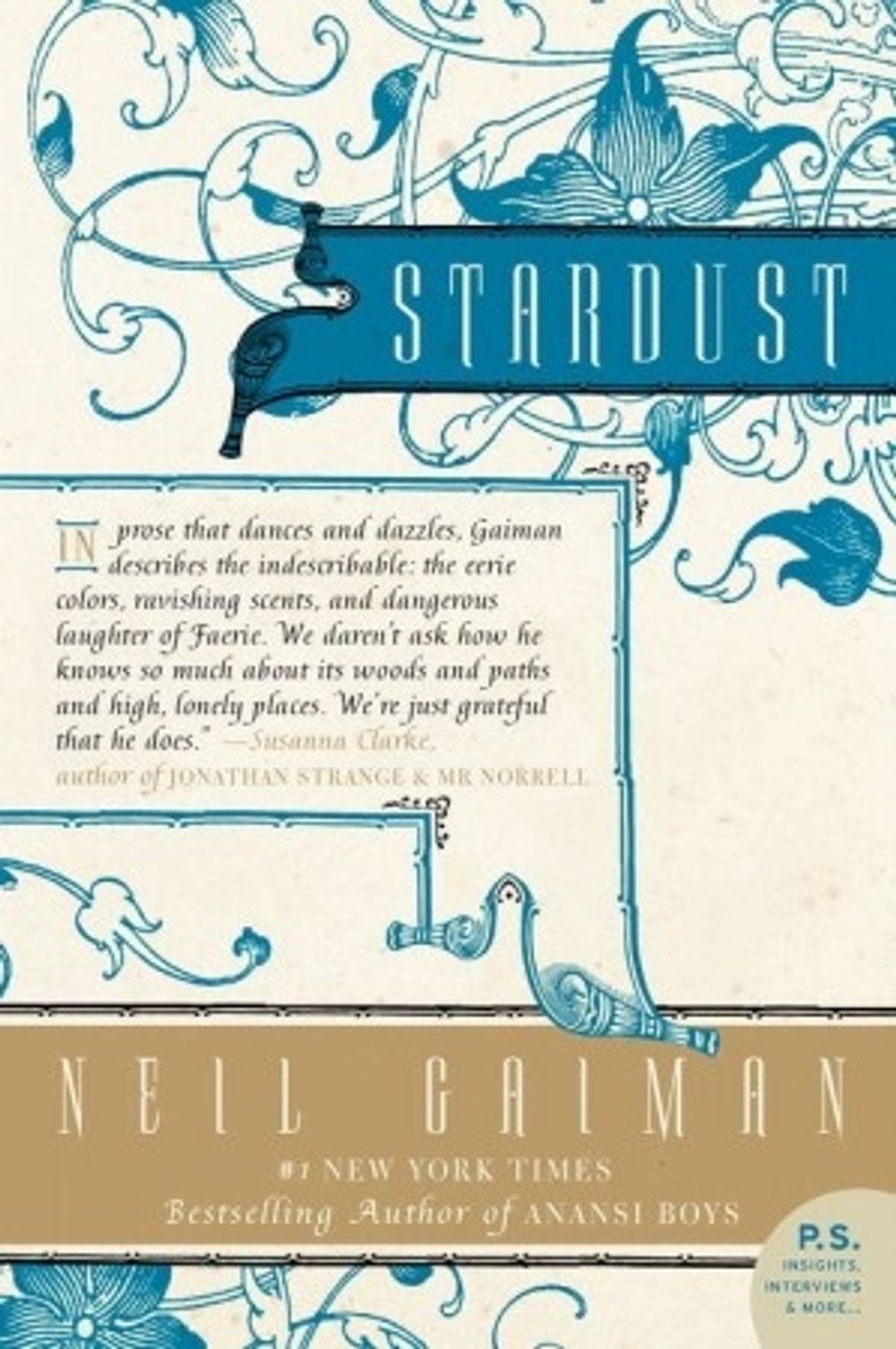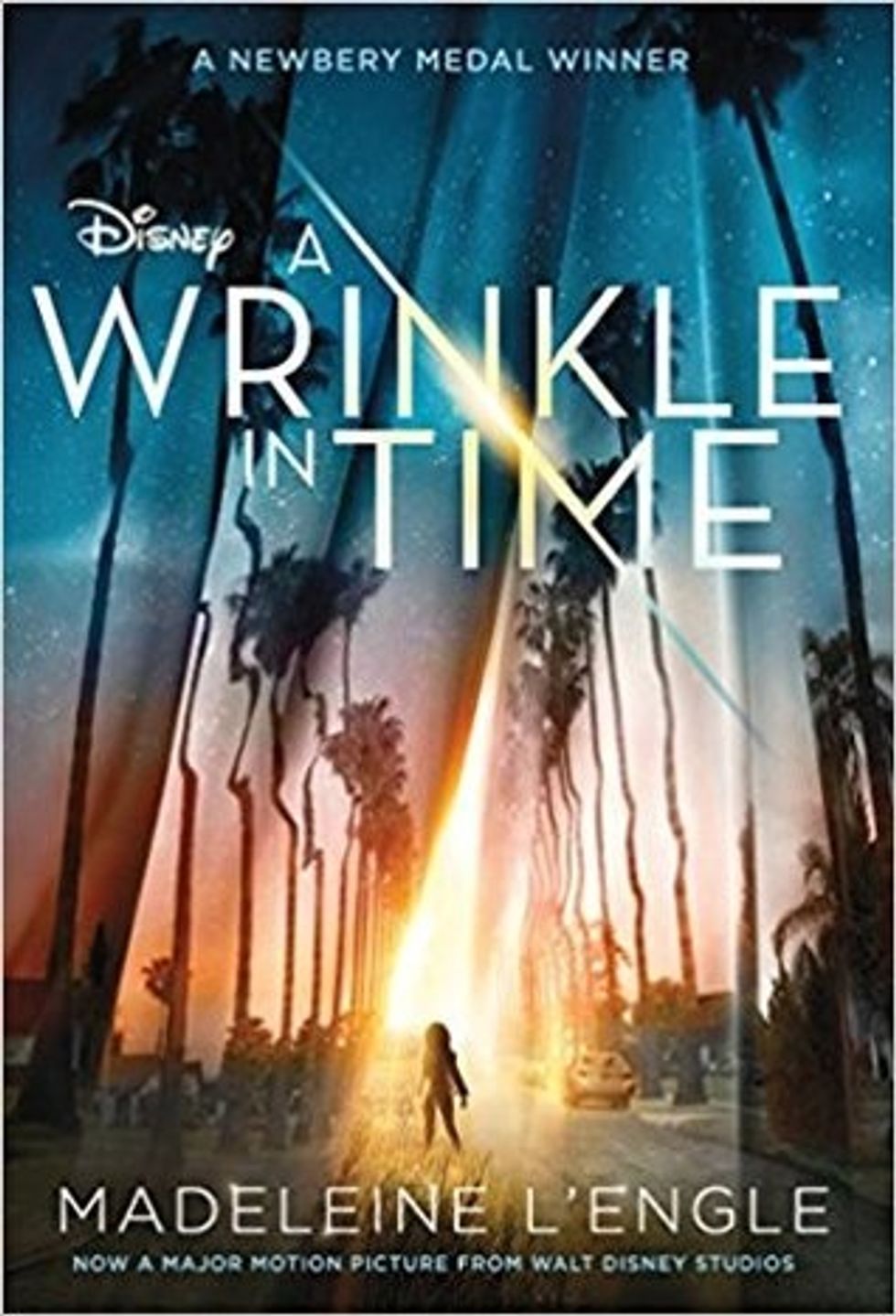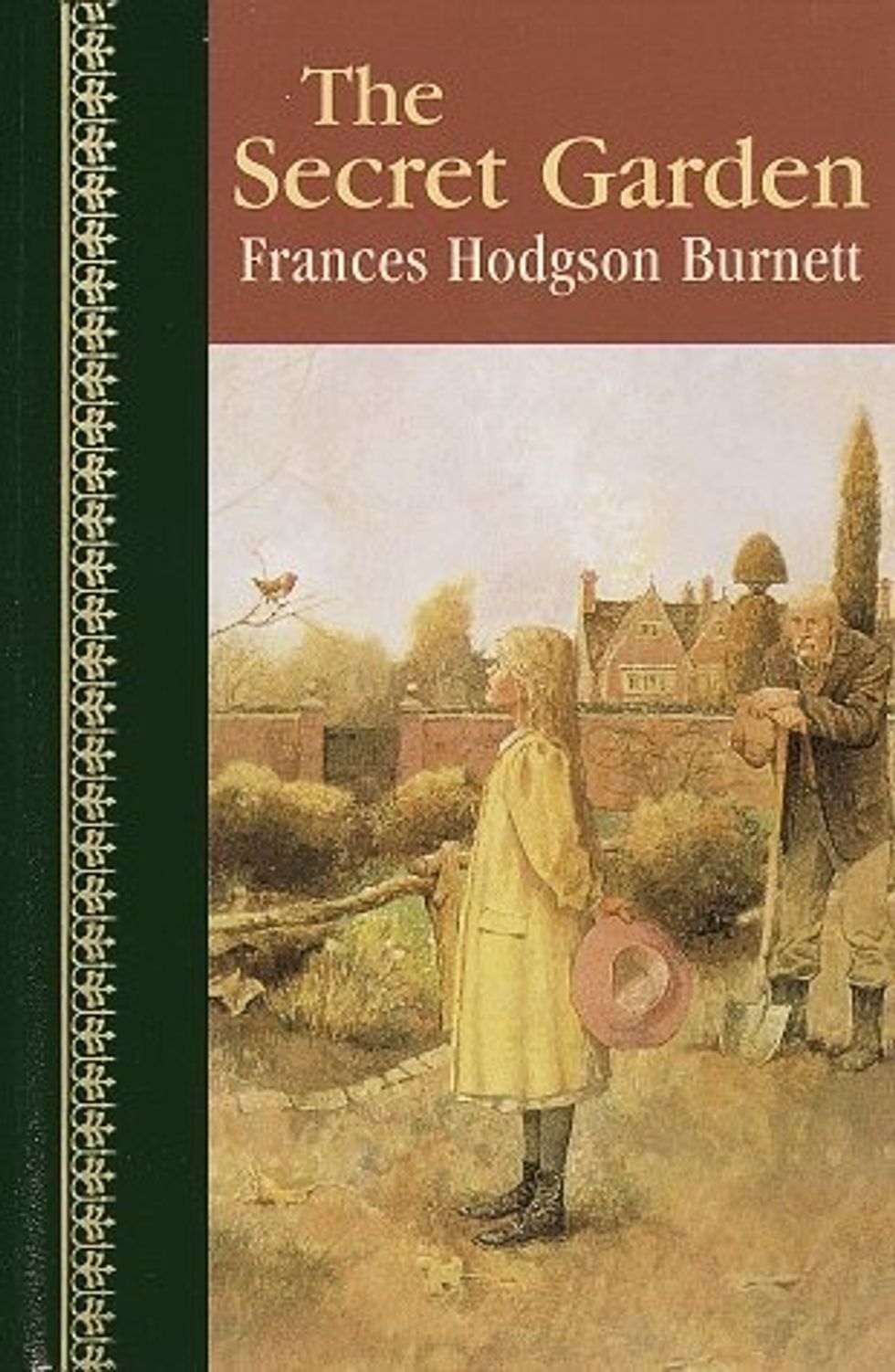The Dynamic Relationship of Fiction and Nonfiction
They are not opposites of each other, but rather mirrors, reflections, interacting and bouncing and consulting each other to make the craziness of the world make more sense.
I signed up for Masterclass recently, which is basically online classes where professionals in various fields are interviewed and teach a class on whatever subject they are a professional in. For example, Gordon Ramsay and Wolfgang Puck both teach cooking classes, Annie Leibovitz teaches photography, and Marc Jacobs teaches fashion and clothing design.
I am very interested in watching the courses done by Neil Gaiman and Margaret Atwood, as well as reading the articles that they have written on various subjects such as "What is a Motif?", "The 12 Literary Archetypes," and "Writing for Character Development". These are questions that I, as a recently declared English and Creative Writing Major, find fascinating and incredibly important. They undoubtedly will help me in my own writing, and I believe that they will also help me to understand more of my reading.
I wonder, however, how directly or indirectly these lessons will affect my understanding of the non-fiction readings that I have been delving into recently. The questions that Gaiman and Atwood present and offer answers to are often mostly applicable to fictional genres. What I have been reading lately has actually been a lot of nonfiction, much of which focuses on feminism, LGBTQA+ rights, and various aspects of Human Rights. I find these subjects to be infinitely fascinating and relevant, and I believe that they always will be important to not only the real world but also the fictional one. They are subjects that are undeniably relevant, and I believe that fiction presents an opportunity to deal with these subjects and to teach other important lessons on a regular basis. Incorporating these concepts into stories is a part of what makes fiction so important to so many people, and especially to children.
For myself, I certainly spent more time learning from books than I did from the people around me - or at least that is how it felt. Call me a cynic, but I stand by a belief that people in the real world are often not as noble or as wise as our fictitious counterparts in books and stories, at least not as consistently as we would like to believe. Many of the more positive and long-lasting lessons that I learned have come from books, and far too many negative lessons have come from people.
From Harry Potter and the Deathly Hallows, I read the words, "Of course it is all in your head, Harry, but why on earth should that mean that it isn't real?" They assured me that the things that I felt or understood in my mind were valid and important. I read these words during a time of my life where I didn't even realize I needed that assurance, and therefore didn't know to ask the real-life people in my life.
From I am the Messenger, I read, "Maybe everyone can live beyond what they're capable of." This book made me cry from the intensity of the honesty and humanity of its characters, and this quote especially seemed to embody the hope and the determined positivity that so many humans are so afraid of believing in. It gave me a reason to believe in the potential of humanity, if in nothing else.
From The Sparrow, I read, "I do what I do without hope of reward or fear of punishment. I do not require Heaven or Hell to bribe or scare me into acting decently." I read this books during a time in which I was struggling with my beliefs - my religion, my faith in people, my understanding of morality and ethics and all of the messiness that came with these questions. This quote helped me to understand that I didn't always need to have someone else's stamp approval in order to do what I believe is right.
These are all quotes that I have memorized subconsciously. I just not while writing this article pulled them from the top of my head (before, of course, I went to double check that I had the exact words right). They are words that are ingrained in the folds of my brain, stamped against my mind's eye as reminders of who I am and who I want to be. They are words that produce phrases that produce lessons that produce little bits and pieces of who I am as a person. I am thoughtful and imaginative. I am ambitious and wandering. I am passionate and angry. I am all of these things and more, and all of these things have been put into words and validated and brought to my own recognition by the words that I have read over the years.
Most of those words are fiction.
Who I am is nonfiction, expressing nonfiction ideas and opinions and knowledge. I am a nonfictional character in a story that I may or may not always be the main character of. But this nonfictional character - who sits in my classrooms every weekday, who eats at my college dining hall, who loves her brother and laughs with friends and designs Angry Feminist stickers to put on my reusable water bottle - the character is fueled by the words and ideas of what I learned while reading fiction.
Now, I can look at our world today and understand what is happening in it on a level that I couldn't before I read the words of fictional stories. Now, I read nonfiction and I see the lessons that I learned while reading fiction, and I can see the fiction apparent in the nonfiction. They are not opposites of each other, but rather mirrors, reflections, interacting and bouncing and consulting each other to make the craziness of the world make more sense. They are essential elements, two dynamic and juxtaposing elements of the same story.
They work together to make our strange, crazy, confounding world make a little more sense.
I hope that I can join in that legacy.



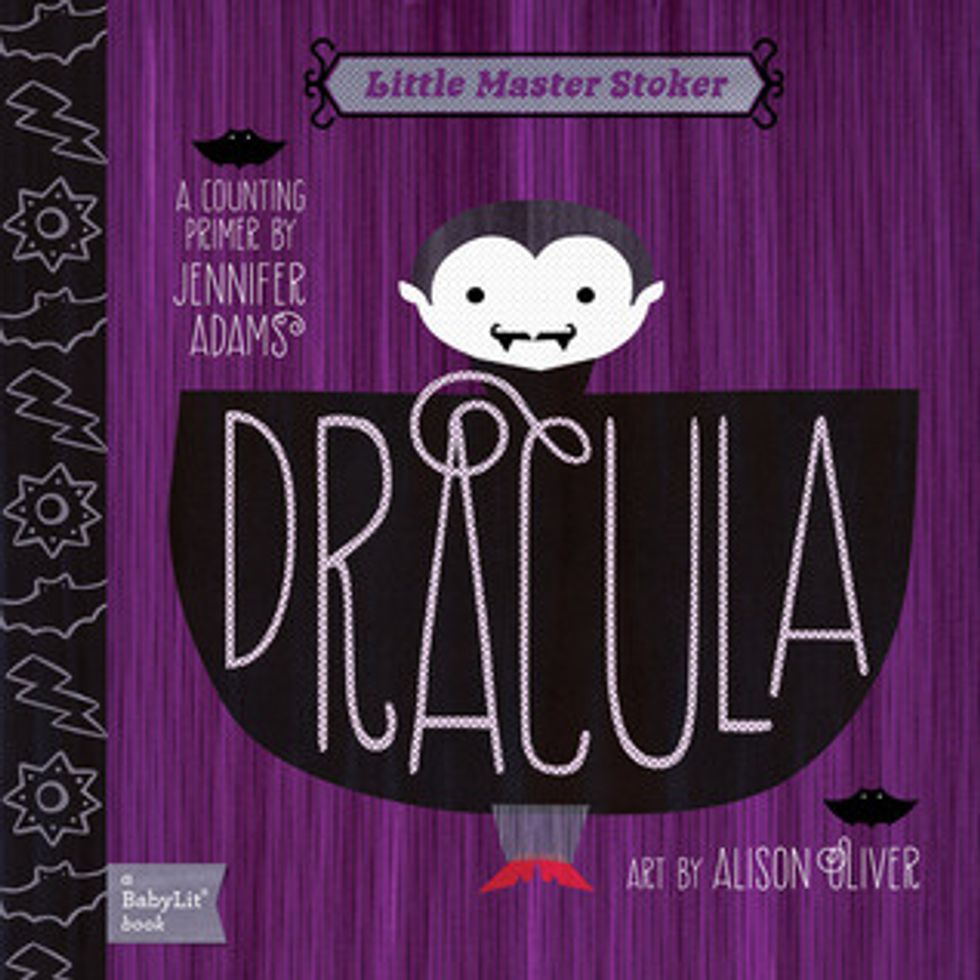
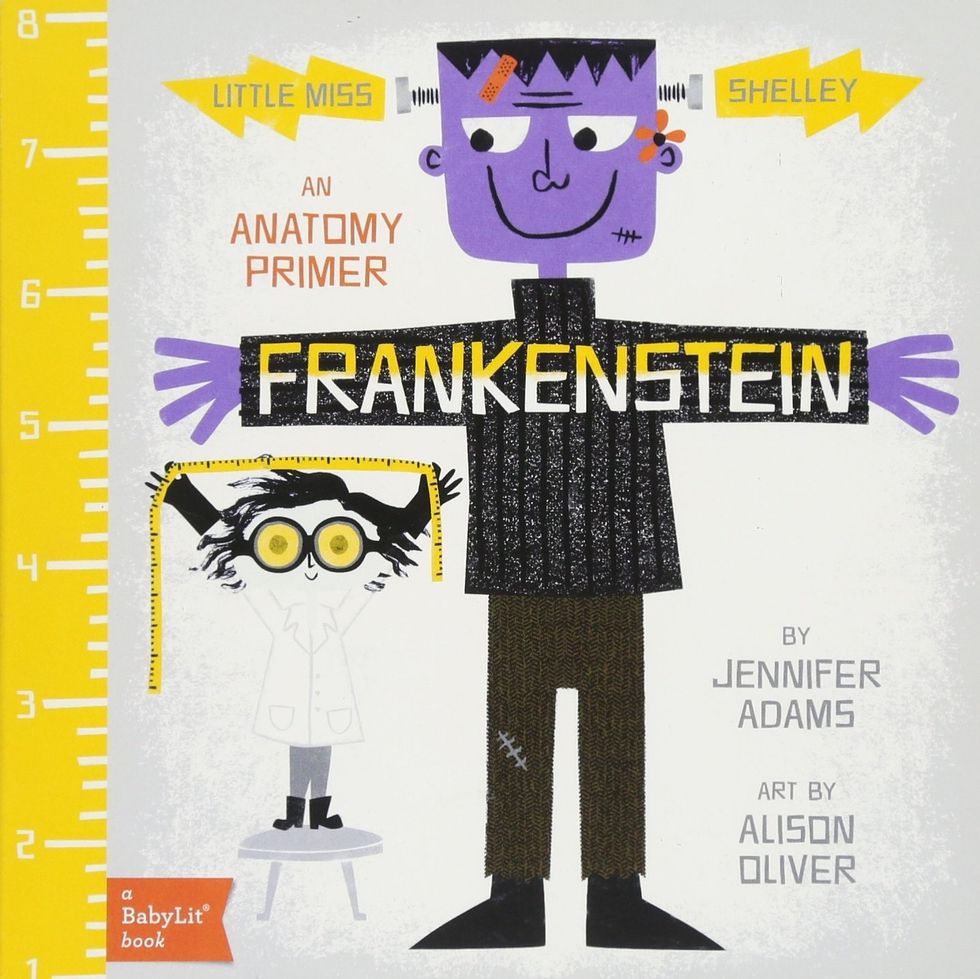


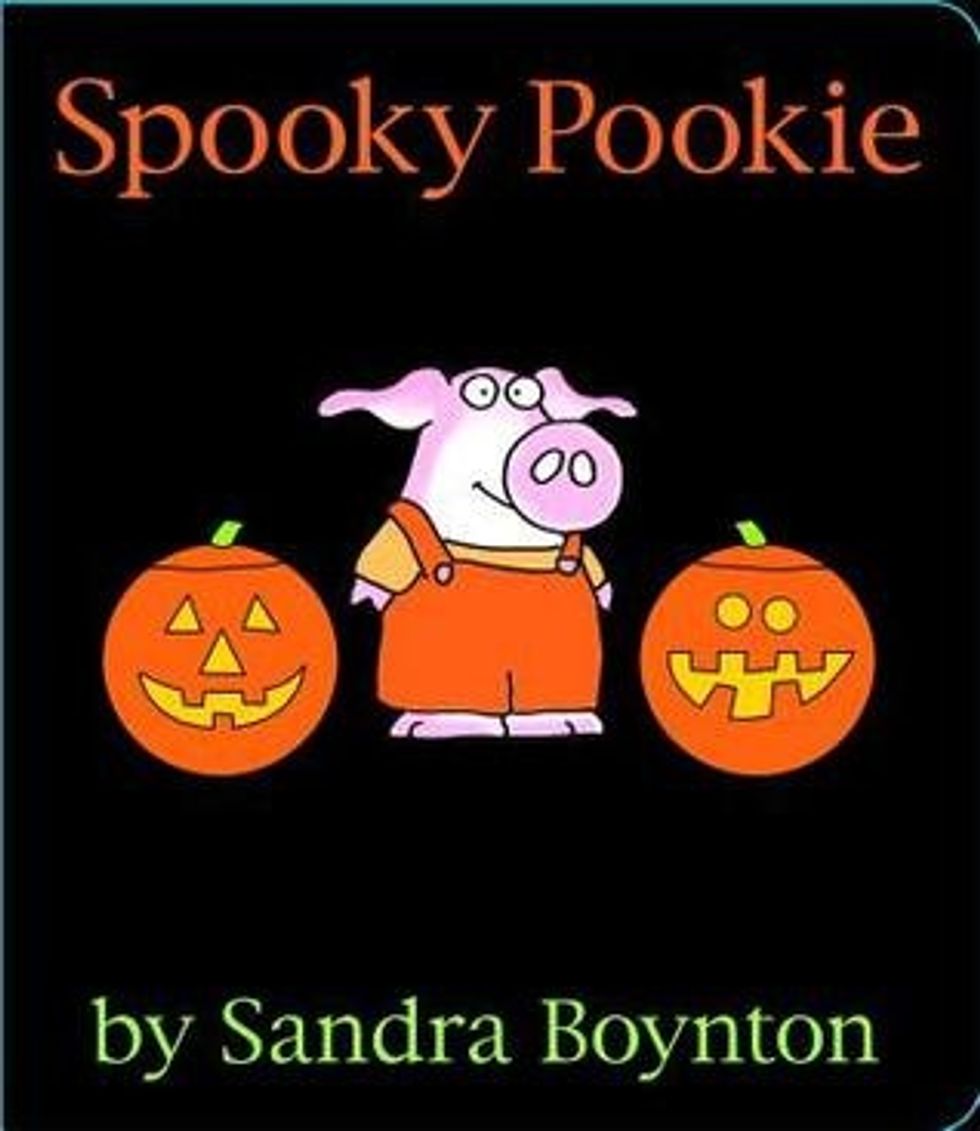
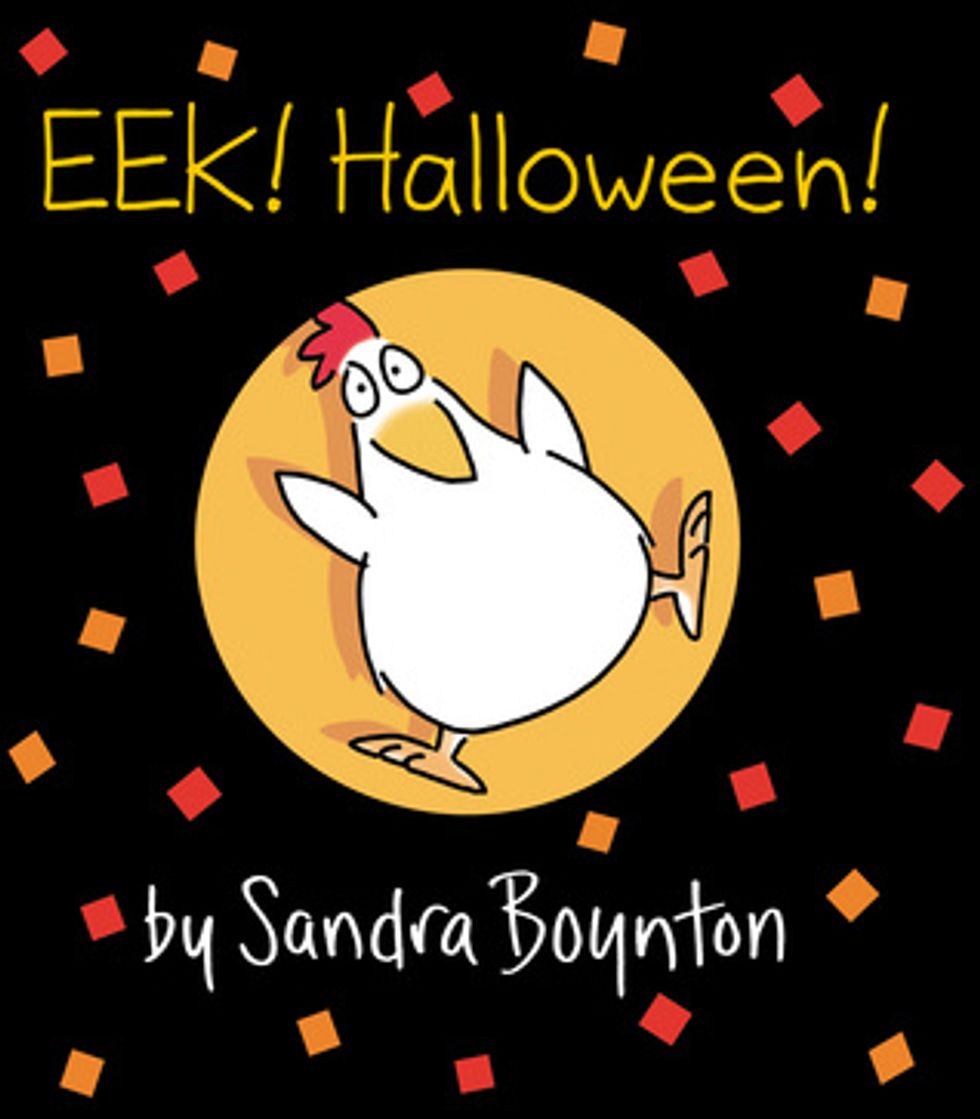
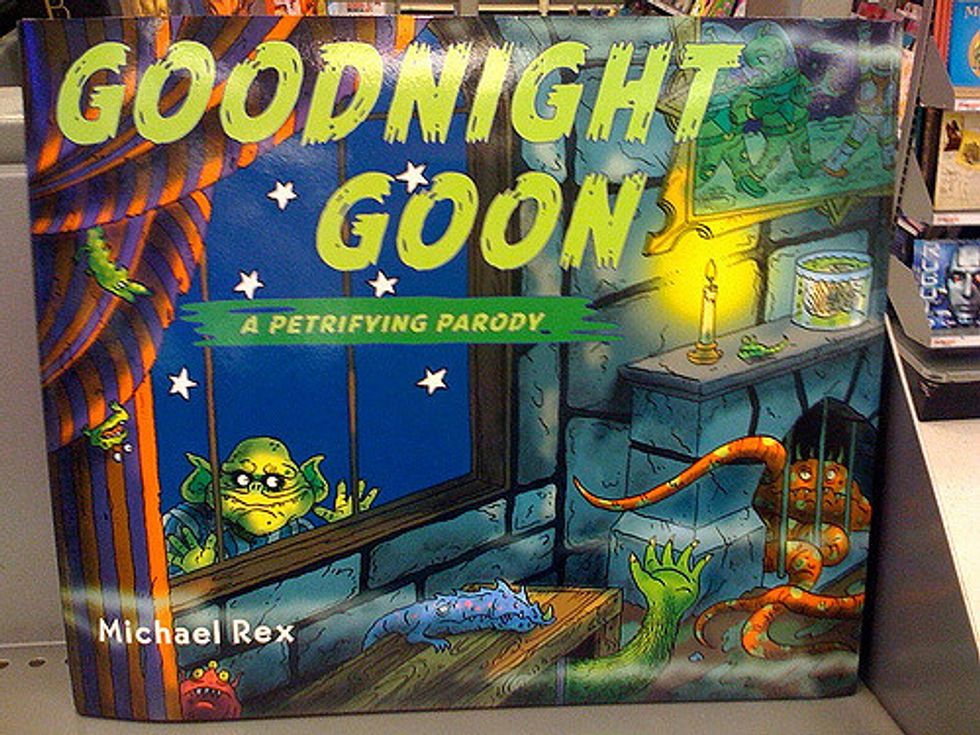
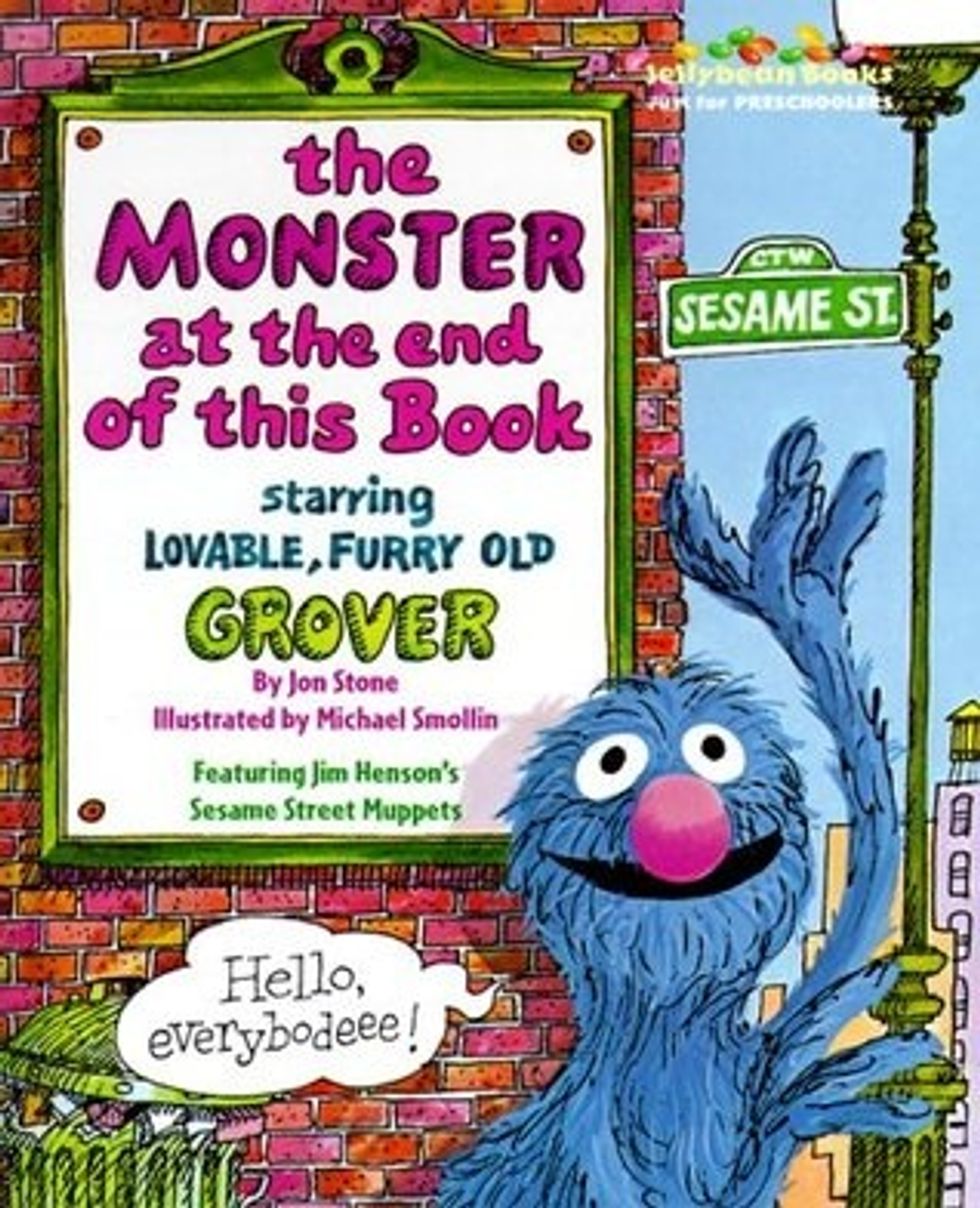
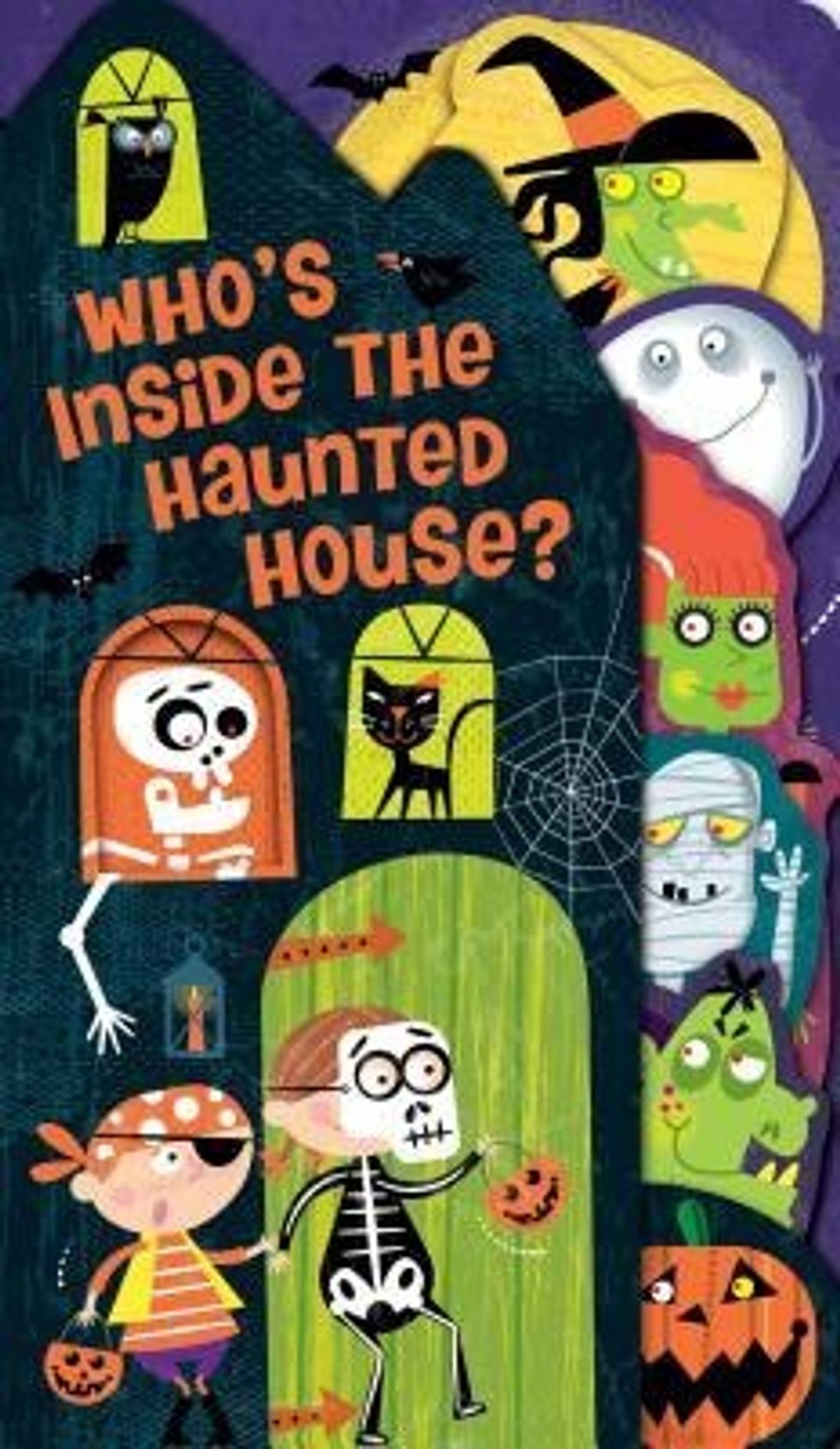
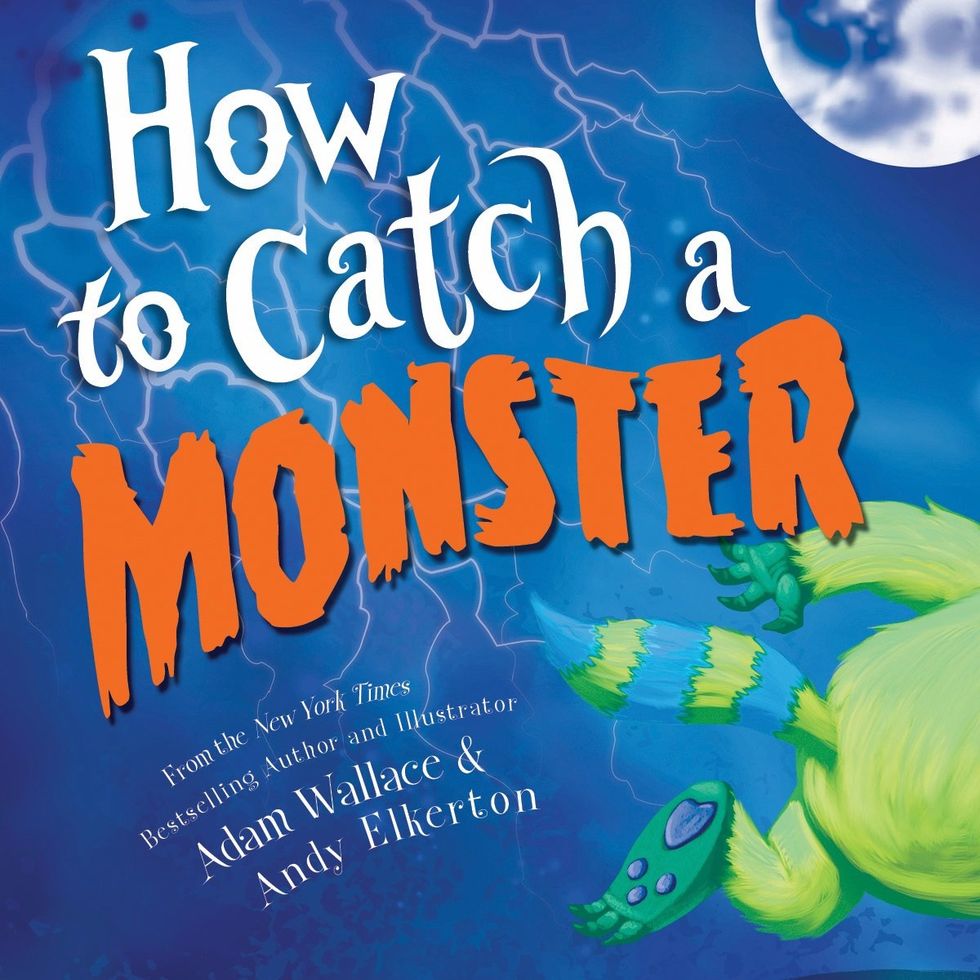

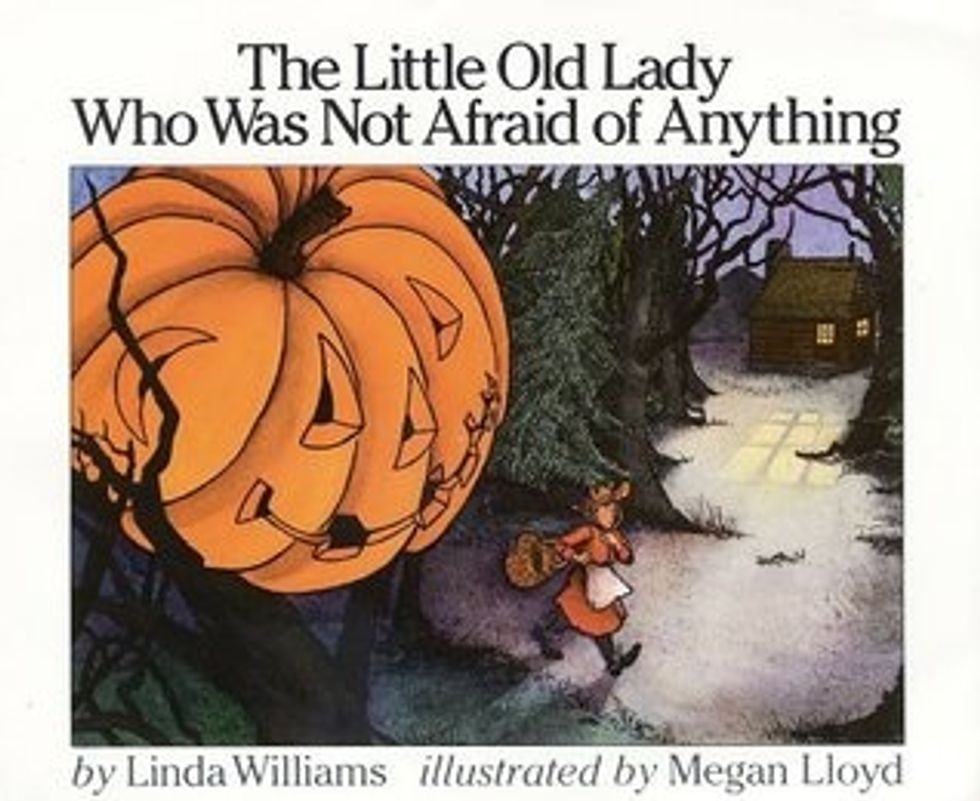
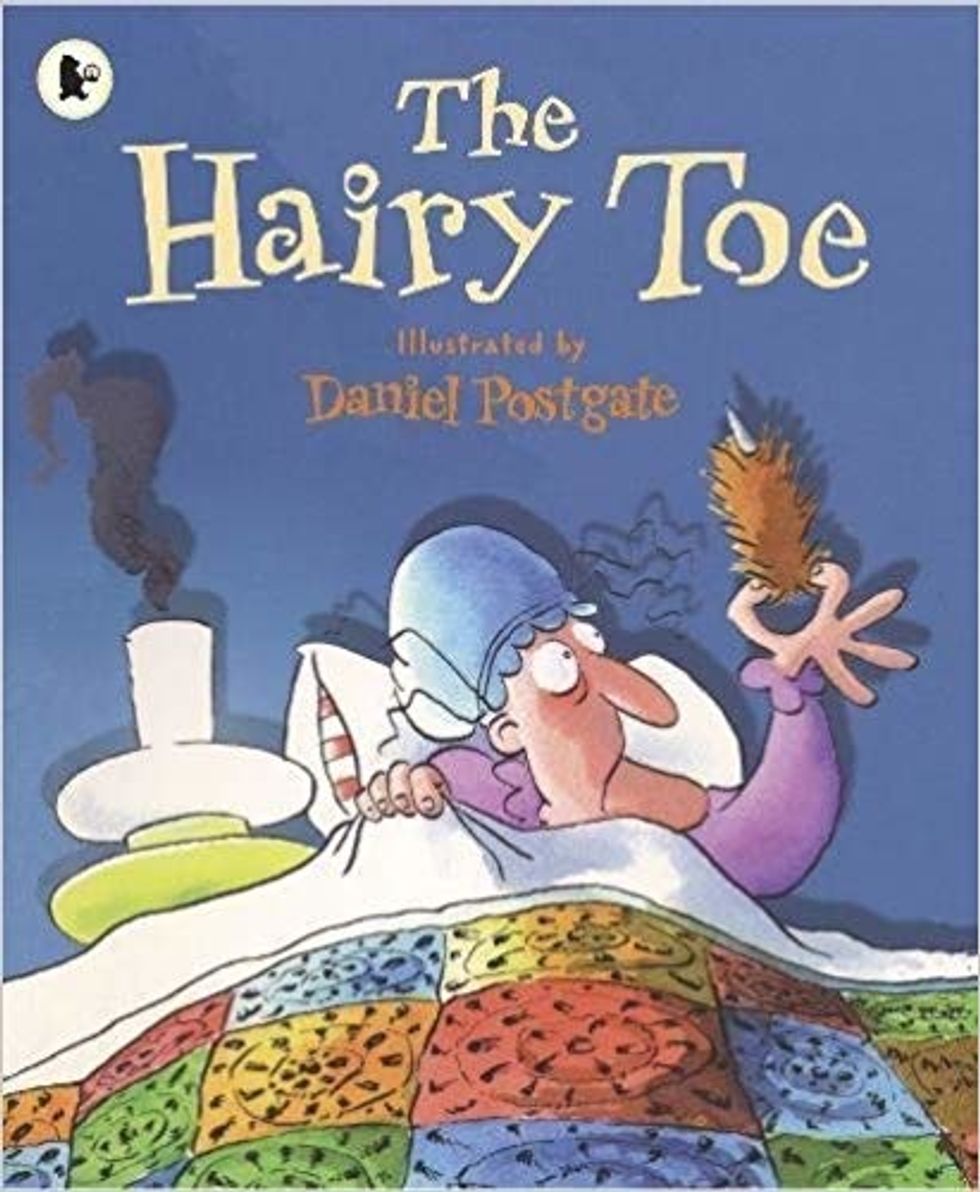

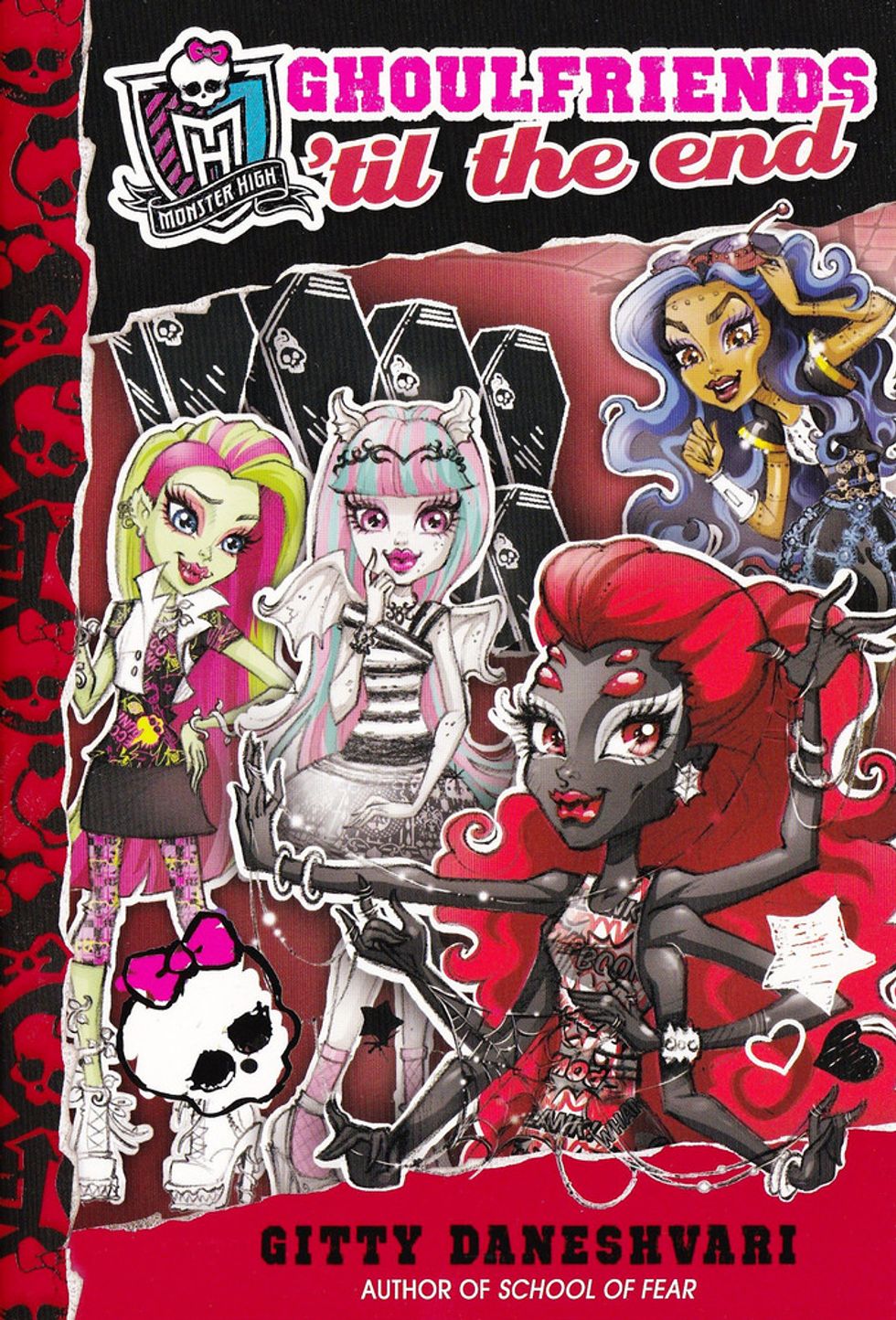
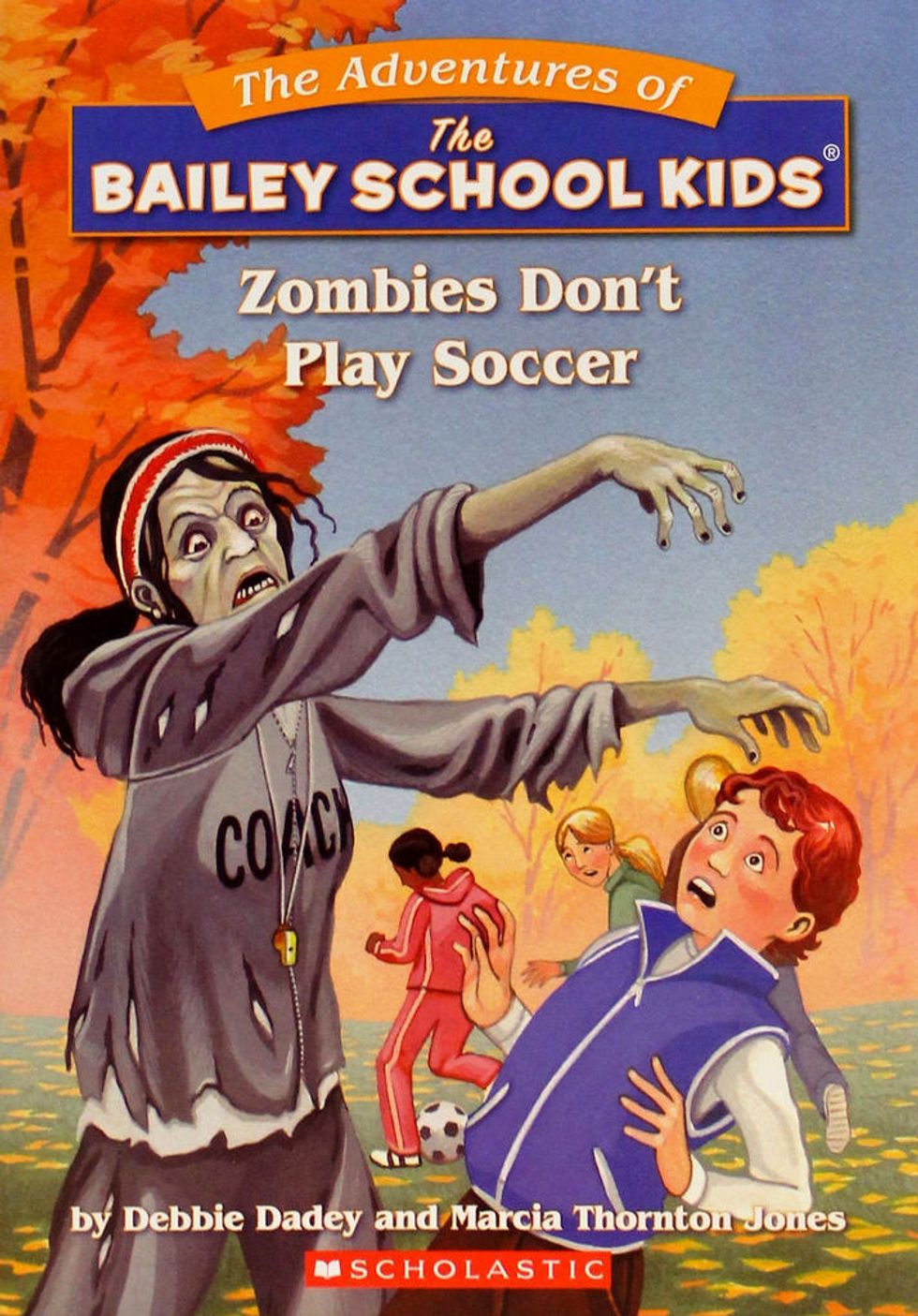
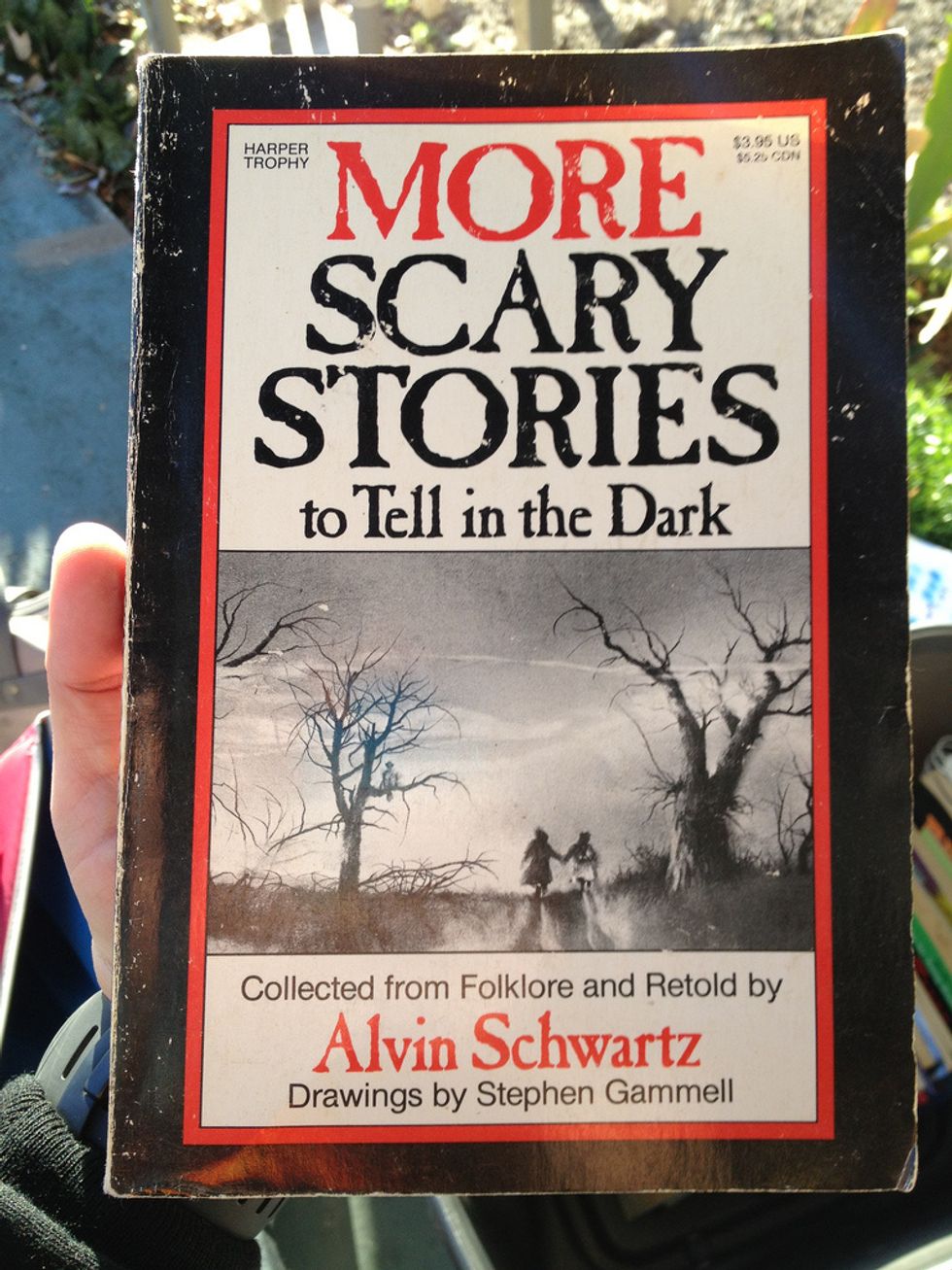
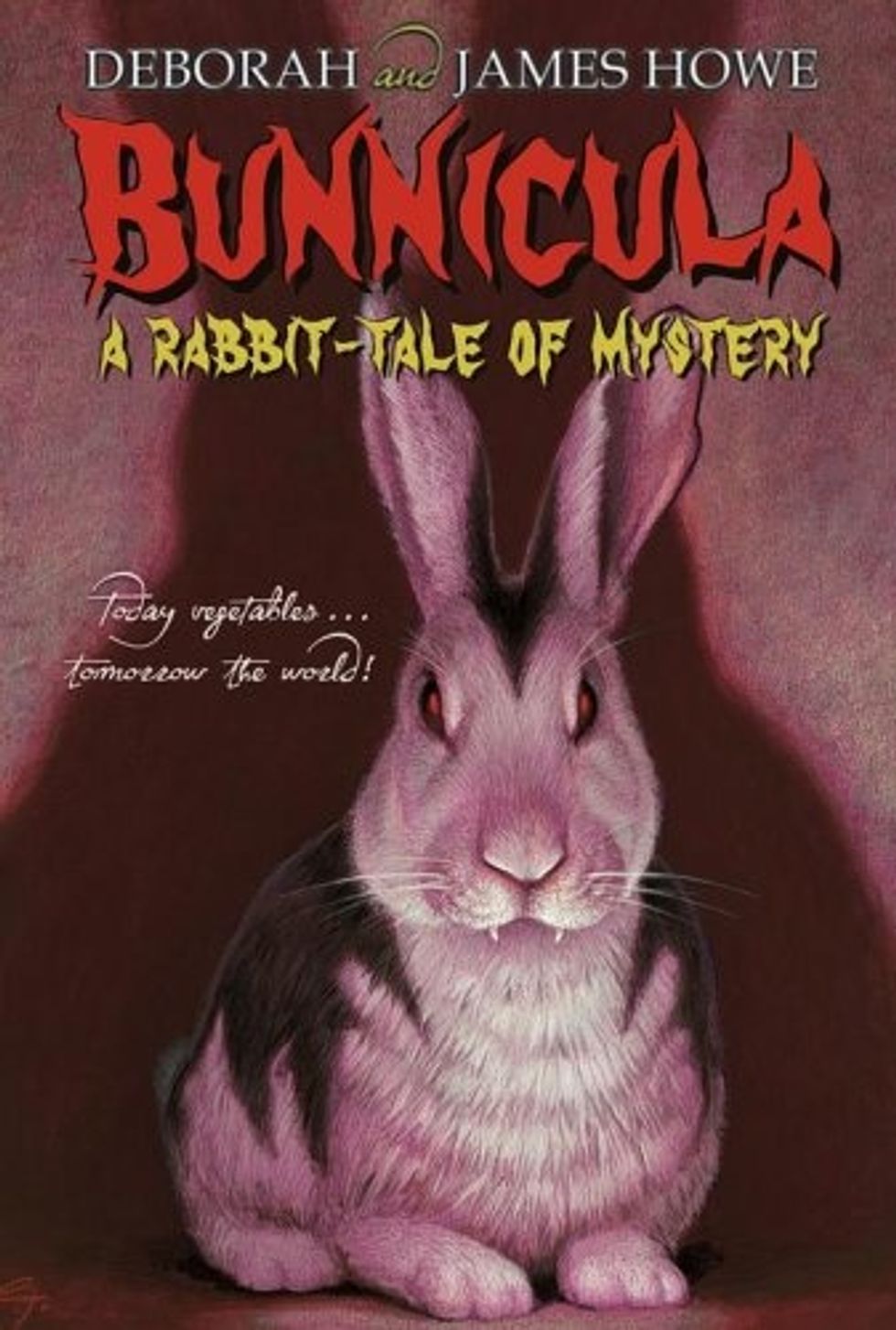
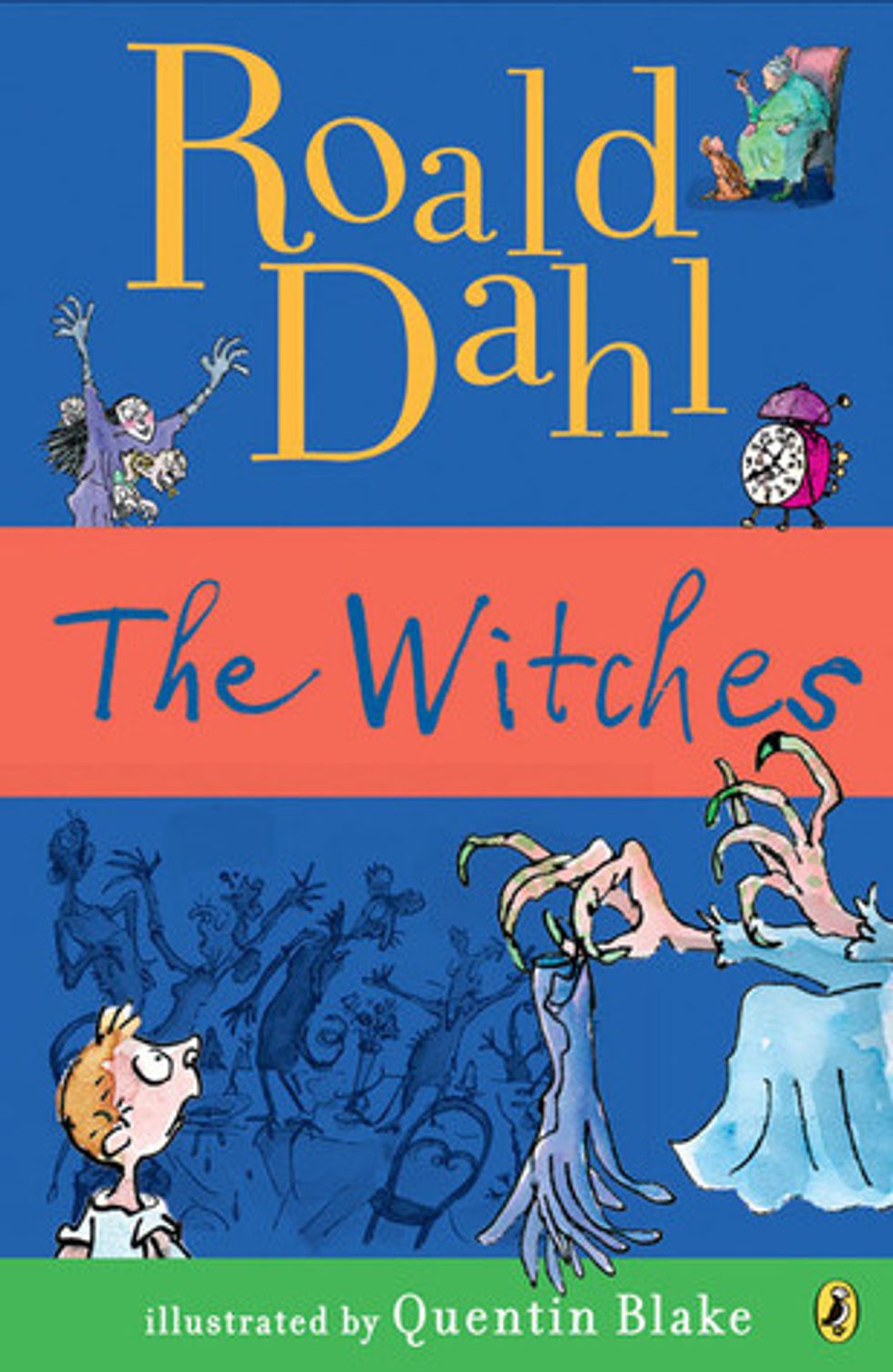
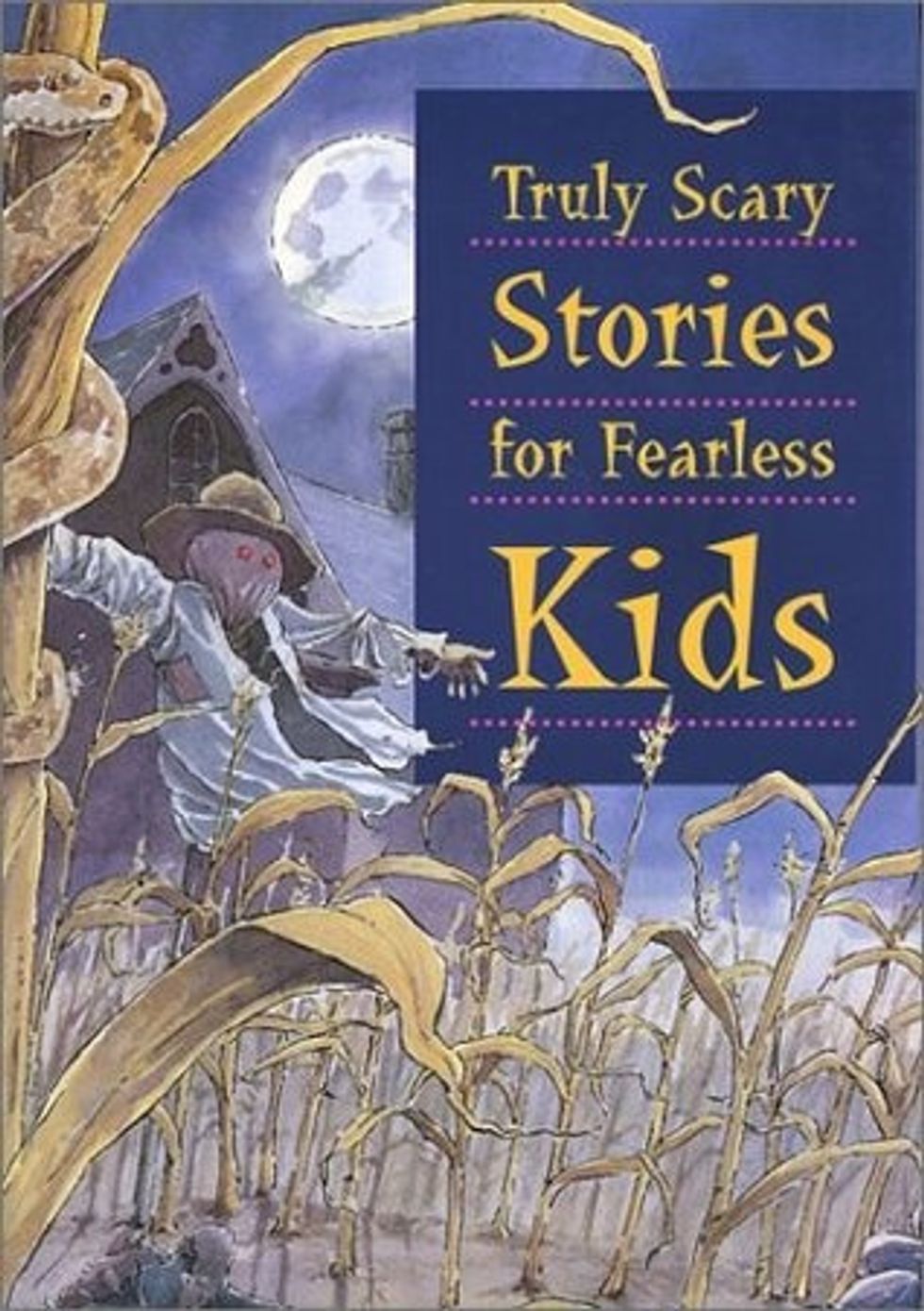

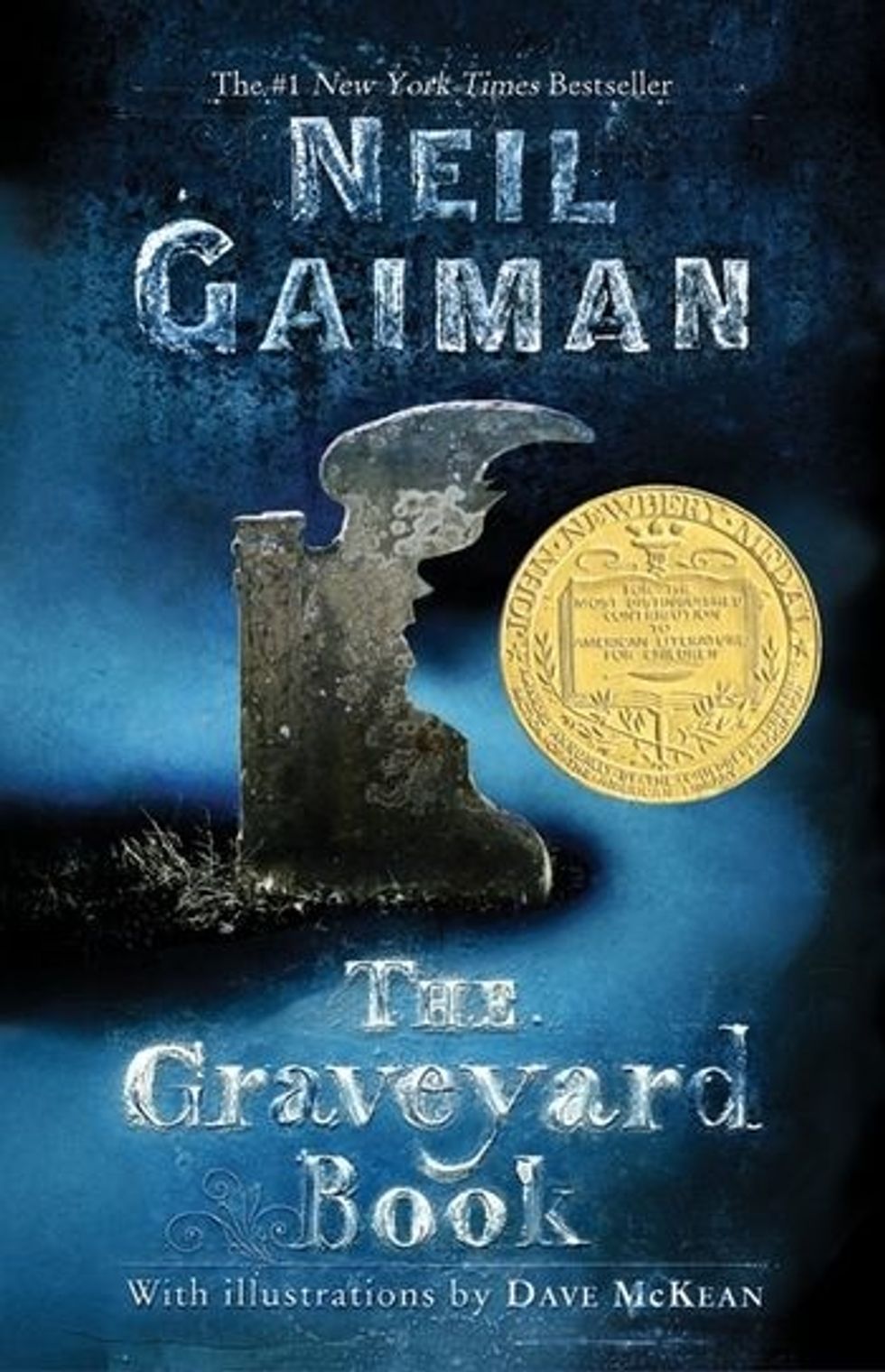 harpercollins.com
harpercollins.com